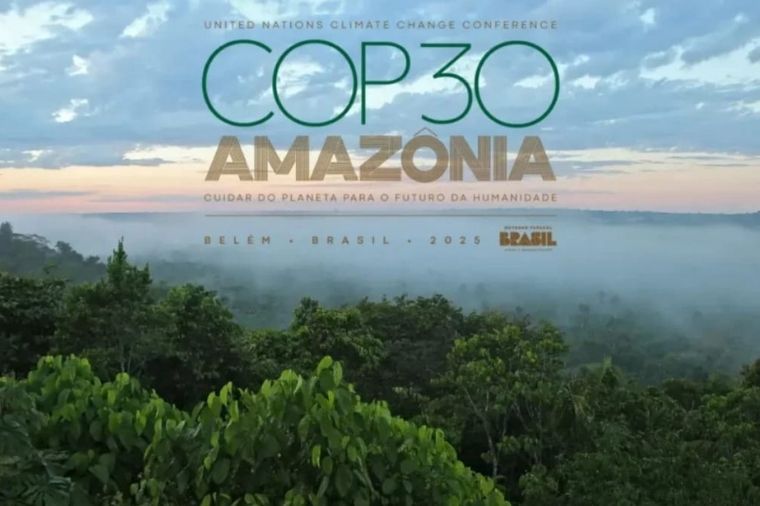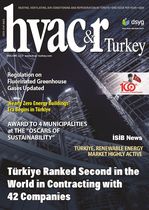COP30 Climate Conference: Will it Support or Hinder Sustainability?

COP30 2025 United Nations Climate Change Conference will bring together representatives of civil society organizations, businesses, investors, academics, and country leaders, as well as representatives from countries that are parties to the UN Framework Convention on Climate Change, to discuss global warming and reducing greenhouse gas emissions in Belém, Brazil, from November 10 to 21, 2025.
Tens of thousands of acres of protected Amazon rainforest were cleared for a highway intended to facilitate access to the city, which will host more than 50,000 people, including world leaders, at the November conference. Logs are piled up on the cleared land, stretching more than 13 km from the forest to Belém. The local population, who make their living by gathering açaí berries from the trees in this area, is also angry. There is also a risk that the area around the highway will be opened up to more development now that it has become more accessible. Scientists are also concerned that the highway will fragment the ecosystem and disrupt wildlife movement.
Ecologically conscious groups say that the destruction of the Amazon rainforest, which plays a vital role in absorbing carbon and ensuring biodiversity for the world, is contrary to the purpose of a climate summit.
The state government touts the highway's “sustainable” qualities, but some locals and environmentalists are angry about its environmental impact.
A university animal hospital overlooking the site of the new four-lane highway treats wild animals, mostly those injured by humans or vehicles.
These animals are released back into the wild after they recover; however, veterinarians note that this will be more difficult when there is a highway at their doorstep, saying, “Land animals will also no longer be able to cross to the other side, which will reduce the areas where they can live and reproduce.”
The Brazilian President and Environment Minister, however, praise the highway's “sustainable” qualities, saying it will be a historic summit because it is “not a COP about the Amazon, but a COP in the Amazon,” and that it will have bike lanes and solar-powered lighting systems.
In a city lacking the infrastructure to host such a large event, relatively affordable new housing stock was advertised on the conference's official booking site in the face of exorbitant nightly accommodation fees reaching tens of thousands of dollars. However, most of these accommodations lack the amenities to which Western business travelers are accustomed.
The Conference of the Parties (COP) was designed to encourage urgent and collaborative efforts to combat climate change. However, these events bring together thousands of participants from around the world, most of whom do not directly participate in policy negotiations, resulting in significant carbon emissions. This environmental impact, largely attributable to air travel, directly contradicts the summit's core mission. Air travel ranks among the highest per-capita CO2 emitters, and when multiplied by thousands of participants, the resulting carbon footprint reaches a significant scale. The carbon impact of COP conferences is not limited to travel. Host cities make major investments in infrastructure, accommodation, and energy resources to accommodate large numbers of participants. Reports claim that these summits produce tens of thousands of tons of CO2 annually.
Hosting a smaller, more concentrated delegation and enabling virtual participation can significantly reduce these impacts while preserving the event's purpose. Furthermore, the option of virtual participation could also increase accessibility for smaller organizations, small island nations, and groups that lack sufficient resources to attend.
In summary, it is necessary to rethink the structure and methodology of such large-scale climate conferences to make them more consistent with the carbon-conscious values they aim to promote.
Oya Bakir, PhD
[email protected]

















